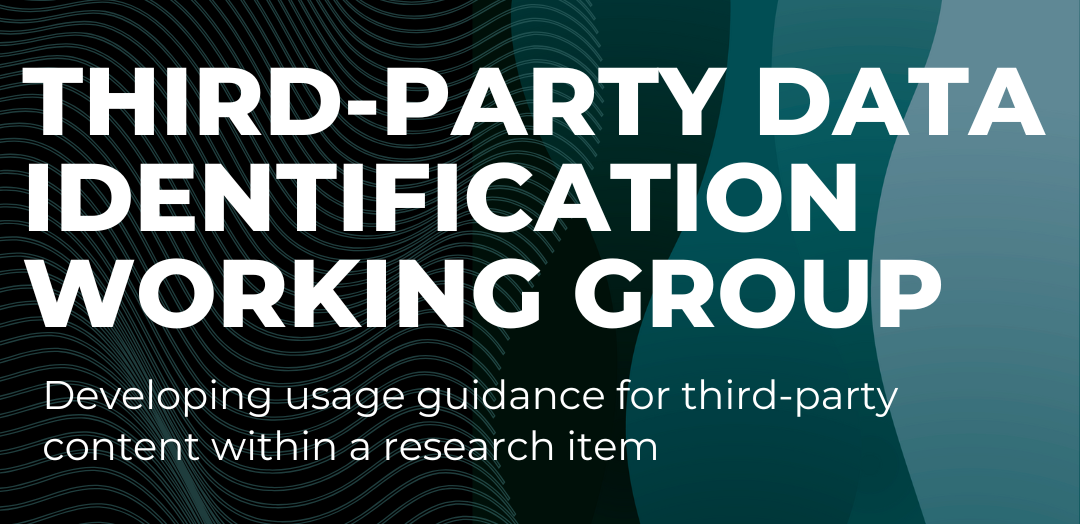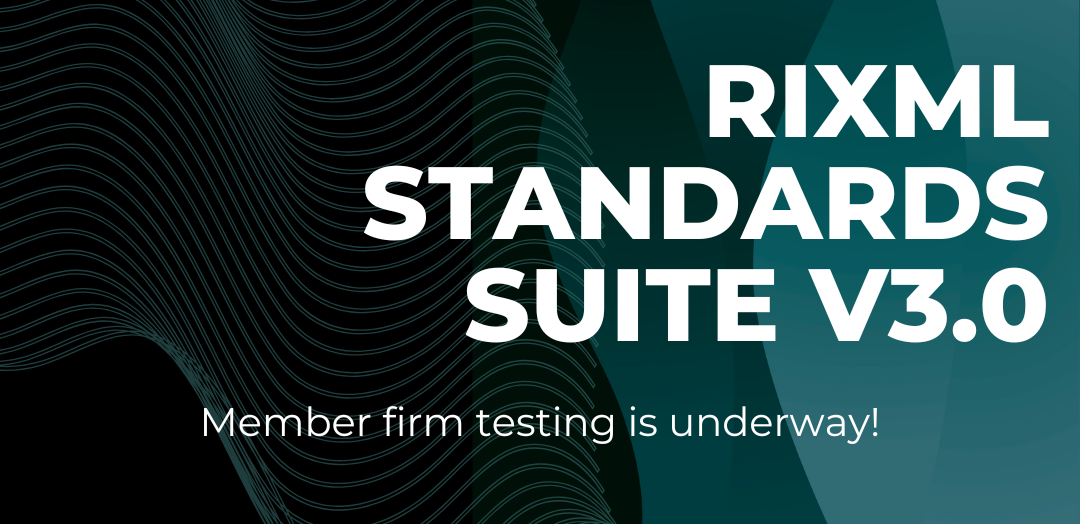Improving efficiency and streamlining workflows are core concepts behind RIXML. Therefore, if there are ISO or other standards already in common use in the investment industry that relate to particular tags, the RIXML technical committee generally chooses to use those existing tags or standards rather than creating separate ones. Below are links to information regarding the other standards we utilize within the RIXML standard. The links provided here are external to RIXML.org.
Disclaimer: Please note that these web sites are owned and operated by third parties and we have no control over them or their content. We accept no liability for any statements, information, products or services that are published on or may be accessible through any web sites owned or operated by third parties.
Country Codes
In the RIXML specification, country codes are specified with the ISO 3166-1 specification. RIXML uses ISO 3166 2-character ISO standard for identifying countries. For example, the identifier for the United States is 'US', not 'USA' or 'U.S.' or 'United States'. A list of those two-character codes is available here.
Currency Codes
All currencies used within the RIXML specification adhere to the ISO 4217 three-character alphabetic codes. A list of those codes is available here.
Date/time
RIXML uses ISO 8601 for all date/time tags. Further information can be found here.
GICS codes
The Global Industry Classification Standard (GICS) was developed by Morgan Stanley Capital International (MSCI) and Standard & Poor's (S&P). The GICS classifications are designed to provide the global financial community with accurate, complete and standard industry definitions. A list of those codes is available here.
ICB codes
Dow Jones Indexes and FTSE have created a classification system called the Industry Classification Benchmark (ICB). The system is supported by the ICB Universe Database, which contains over 40,000 companies and 45,000 securities worldwide from the FTSE and Dow Jones universes. The coverage makes the database a comprehensive tool for global sector analysis. Learn more here.
Language Codes
Both the Product and Resource objects use the ISO 639-2/T specification to identify language. For example, the identifier for English is ‘eng’, not ‘en’ or ‘English’). A list of the three-character language codes is available here.
Market Identifier Code
RIXML uses ISO 10383 Market Identifier Code found here.
Media Types (formerly MIME Types)
The RIXML Resource object has a tag for specifying the MIME type of the attached or linked media. MIME types are explained and defined in RFC 2046, available here.
XBRL for financial data
Because the XBRL protocol is designed to address the specific requirements of describing financial information, the RIXML specification directs users to insert the appropriate XBRL tags and content when they are tagging financial information. RIXML.org has an affiliated relationship with XBRL.org, where we interact at the working group level to build synergies and establish workflow integration, in order to exploit the mutual benefits of the RIXML.org tagging structure for research-published metadata tags and the rich financial data and accounting metadata tagging structure that XBRL.org offers. Our organization has played a prominent role participating in XBRL.org industry and topical forums. See www.xbrl.org/US for further details.


